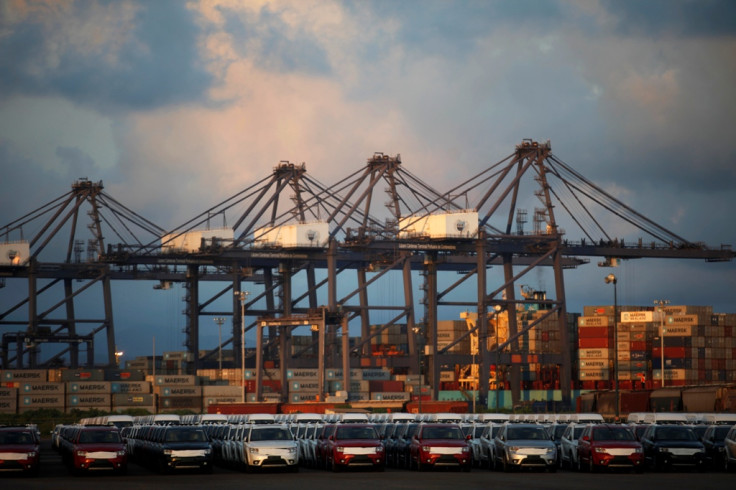Mexican Authorities Suspect ArcelorMittal Executive Virgilio Camacho Killed by Drug Cartel

Mexican authorities have failed to make arrests in connection with the April 2013 assassination of Virgilio Camacho, a high-ranking executive at steel maker ArcelorMittal's Mexican operations.
However, Mexican intelligence officials now suspect Camacho was killed by a powerful drug cartel, known as the Knights Templar, that thrives in the southern Michoacan state, home to a steel mill responsible for about 5% of ArcelorMittal's total steel output.
ArcelorMittal, the world's largest steel manufacturer, and the Knights Templar have, for several years, sought to protect their economic interests at the port of Lázaro Cárdenas and at the areas surrounding the firm's iron ore mines.
Illegal mines, run by the Templars, sell iron ore to China. Fernando Ramos, a customs broker at the port, estimates the cartel rakes in about $2m per vessel loaded with illegally extracted ore, or about $72m a year.
Some locals say Camacho's attempts to stop illegal mining cost him his life, reports The Wall Street Journal.
Others say ArcelorMittal's decision not to renew an iron ore supply contract with the local community and a dispute over delayed payments led to Camacho's murder.
The company maintains it paid locals "in line with the terms of the agreement" and that any delays were because of improper invoicing or due to issues with the quality of the ore.
Deal Goes Sour
Camacho and the company struck an agreement that paid land owners and truck drivers to supply hematite, an iron-rich ore, in a bid to stop illegal mining. ArcelorMittal agreed to pay between $16 and $18 per ton of hematite in late 2010 and employ about 1,500 people.
However, the deal failed to prevent illegal mining as Chinese buyers offered anywhere between $65 and $85 a ton for the mineral.
The supply contract, renewed in July 2012, was shelved in December when the global demand for steel weakened. Meanwhile, ArcelorMittal had fallen behind in payments to the tune of $8m, locals told the newspaper.
The cancellation of the contract also forced many land owners to default on loans, taken out to purchase trucks and excavating machines.
© Copyright IBTimes 2025. All rights reserved.






















